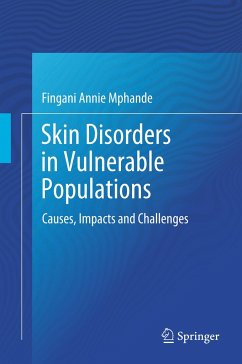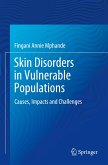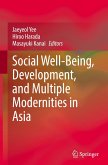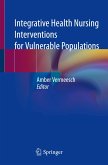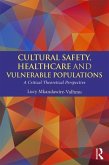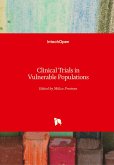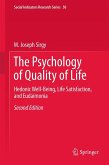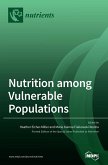This book focuses on neglected skin diseases and conditions in resource-poor countries through the lens of livelihoods. These diseases, when neglected, not only affect the skin, but also joint movement and physical appearance, severely influencing the lives and livelihoods of individuals and families in vulnerable communities. The book explores why neglected skin diseases thrive in resource-poor countries, and considers how this cycle might be broken by looking at the impact on livelihoods and access to healthcare in affected communities. The research is shaped by three guiding questions: Firstly, why have some measures been successful in one part of a population and not the other? Secondly, what is unique about vulnerable populations in various parts of the world? And thirdly, can the cycle of debilitating skin diseases and conditions in resource-poor countries be broken? In addressing these concerns, the book excavates past and present efforts in public healthmeasures to combat these diseases, considers the impact of culture and livelihoods, and reviews some of the milestones in disease elimination and eradication. This book will be an indispensable source for health service planners, administrators and practitioners working with vulnerable populations, as well as graduate students and researchers in public health.
Bitte wählen Sie Ihr Anliegen aus.
Rechnungen
Retourenschein anfordern
Bestellstatus
Storno

